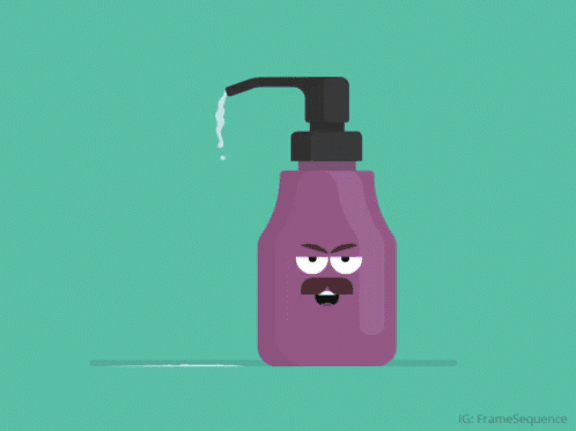Medical Conditions.
For some people having a medical condition is something that they have to manage so that they are able to go to school and enjoy the things they like. Some medical conditions might mean that you have to take tablets or inhalers. Some might cause you to have a sore skin, or a blocked nose, or become breathless. Some medical conditions might have embarrassing symptoms such as needing to dash to the toilet.
JUST REMEMBER THAT YOU CAN’T CONTROL THE CONDITIONS
Bladder and Bowel Conditions
Eric, the children’s bowel and bladder charity reckon there are around 900,000 under 18’s that have bowel and bladder control problems in the UK. That’s around 30 or 40 young people in every secondary school. This can cause people much worry at school, being able to get to the toilet on time. It’s not something that you talk to your friends about so have a look at the Eric website for more information:
Their website has lots of information as well as stories from other teenagers and other places to get help and support:
Eczema
Eczema (also known as dermatitis) is a very common dry skin condition. Eczema affects people in different ways. It is not contagious so you can’t catch it from someone else.
People in the UK affected by Eczema
 |
 |
1 in 5 |
1 in 12 |
Our skin is the largest organ in our body and it’s amazing! It allows us to touch, protects everything in our body and also makes sure that we are the right temperature. To find out more about skin follow the link below:
People with eczema have skin that may not produce as much fats and oils as other people’s, and is less able to hold in water and so can become itchy, irritated, cracked and inflamed. It can affect any part of the body although it mostly appears on the hands, insides of the elbows, back of the knees, face and scalp especially in children.
The cause of eczema isn’t known but it often occurs in people who have allergies which can be triggered by things like soaps, detergents, foods and pollens. Even the weather and stress can affect eczema. It can run in families and is often linked to other conditions such as asthma and hay fever.
Here are some handy tips to manage Eczema:
- Trying not to scratch irritated skin
- Trying to avoid the things that trigger it
- Using emollient (moisturising) creams as prescribed for you
- Using steroid creams when prescribed to reduce swelling, redness and itching

Anaphylaxis
Anaphylaxis (ana-fil-axis) – can be a serious concern if not dealt with properly. This is why it is important for you to understand some facts about it.
You never know one day these may save someone life
Take the quiz below and see what you know:
There are lots of ways to manage your risk of anaphylaxis including:
- Trying to avoid the things that trigger it
- Always having your emergency treatment with you
- Making sure others know you have anaphylaxis and how to treat it
- Wearing an alert bracelet to let others know you have the condition and how to help you
Asthma
Click on the information icons on the image below to learn more about asthma.
When a person comes into contact with their trigger three things happen in their airways:
- The muscles around the airways tighten up and they become narrower.
- The airway lining gets inflamed and starts to swell up.
- Sticky mucus can build up, which then narrows the airways even more.
This causes symptoms of coughing, wheezing and breathlessness and can lead to an asthma attack.
Sadly, asthma can be fatal and most of these deaths are preventable. It’s very important that you take your medicines as they are prescribed for you and have regular reviews with your doctor or asthma nurse.
When a person comes into contact with their trigger three things happen in their airways:
- The muscles around the airways tighten up and they become narrower.
- The airway lining gets inflamed and starts to swell up.
- Sticky mucus can build up, which then narrows the airways even more.
This causes symptoms of coughing, wheezing and breathlessness and can lead to an asthma attack.
Why do I need to tell School
It’s really important that School staff know about any medical conditions you may have so that:
- You are able to take any medications for your condition at school.
- So they can help you avoid things that make your condition worse where possible.
- To help your school friends understand about the condition too.
AND TO KEEP YOU SAFE.
If you have any questions or you’re worried about any medical conditions that you or your friends may have – Please contact your school nurse via CHAT HEALTH.
